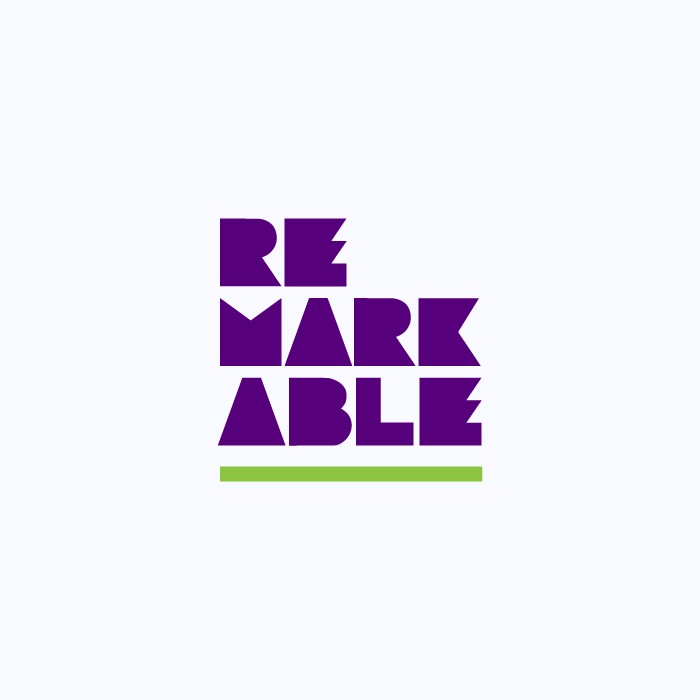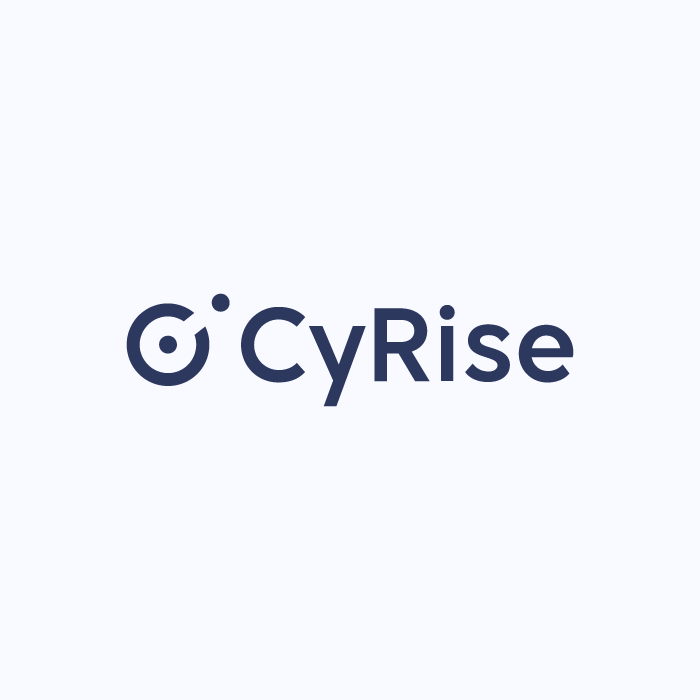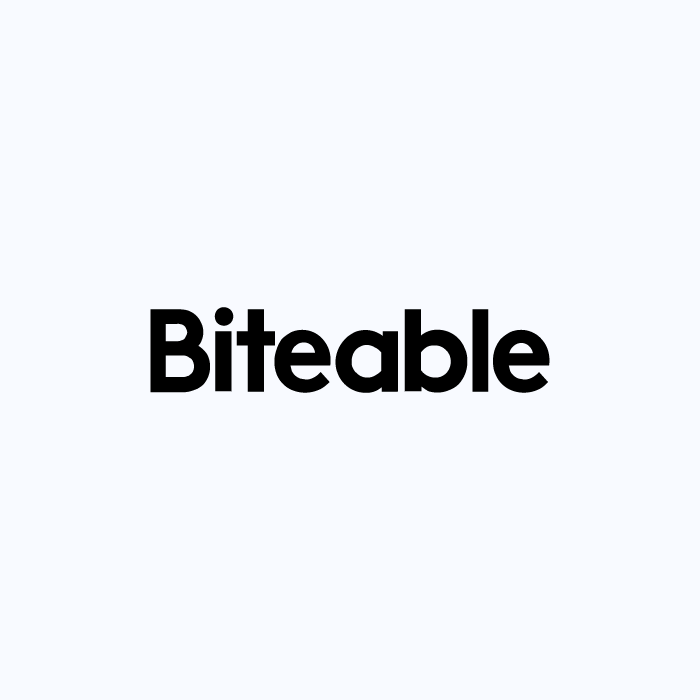How I approach founder coaching
(An excerpt from a profile interview by John Henderson, partner at AirTree Ventures)
John: What makes a great mentor/advisor?
Alan: That’s a really good question because I think that’s one of the many things our industry is still figuring out. In the beginning, most of the mentors in the Australian tech industry were men (and they were almost all men) who could stand at the front of the room and tell you the story of their successful startup, and maybe tell you a couple of lessons they thought they’d learned on that journey, but that was about it.
They were mostly self-taught through their own founder experiences, might have had only one startup journey to draw upon for lessons, and they hadn’t even read much, because there just weren’t books about startups yet.
They couldn’t really listen to what you were working on and give you much advice if your startup wasn’t similar to theirs. They would almost always have a strong opinion on whether you’d be successful, and they’d often be destructively critical in giving you that opinion.
I’m sure you’ve met some of these men, seen them speak on stage, or seen them interrupt a founder to cut them down or pronounce them doomed before the coffees even hit the table. I’m ashamed to admit that I was one of them too, at the start.
I don’t know exactly why I began to change, but I think it probably came from being wrong, a lot of the time. If you pronounce enough startups doomed, and give that enough time, sooner or later, some of them come back to prove you wrong. And in my startup mentoring I’ve learned to love being wrong, because that’s an opportunity to learn, to become a better mentor.
You can’t be a good mentor by telling and retelling your own founder story every time, because the ‘shelf life’ of anything you learn in startups is really short. Some of my coaching leans on crazy stories from my early days as a founder, but less often than before.
The startup orthodoxy of “this is how you should do it” changes every 3–5 years as the industry changes in response to how customers behave, how tech platforms evolve, how distribution channels change, how tech titans behave, and how the macroeconomy changes. I have to be learning all the time, from observing founders and startups, from exposing myself to new tools, methodologies, and reading everything I can.
I have two easy ways to tell if I’m being a good mentor:
Who’s doing most of the talking, and who’s doing most of the listening? If the answer is you, and not the founder, you’re not mentoring, you’re performing.
What have you learned about the startup’s business, its founders, the product, the problem or the customer after your mentoring session? If you’re not learning, you’re not mentoring effectively.
Unlike some startup mentors, I just want to be a great mentor. It’s not a side gig, it’s not for my ego, or something I do to build my personal brand or develop investment deal flow. Investing is my side gig, mentoring is my dream job.
(Read the rest of the interview.)



























